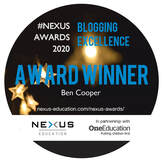|
As a teacher, capturing and maintaining your students' attention is crucial for effective teaching and learning. Understanding the complex relationship between hormones like dopamine and cortisol, and attention can assist with lesson planning. Dopamine, associated with pleasure and reward, plays a critical role in reinforcing positive behaviours and enhancing immediate attention. In contrast, cortisol, the "stress hormone", can either enhance or impair short-term attention depending on its level. By leveraging this knowledge, teachers can create a learning environment that promotes optimal learning and memory performance, and helps students maintain focus and engagement in the classroom. But what is the connection between dopamine, cortisol, and attention, and how can this knowledge be applied to teaching practices to keep students engaged and attentive?
10 Comments
Effective feedback is essential for pupils to make progress, but in many schools written feedback has become disproportionately valued and unnecessarily burdensome. The emphasis needs to be on the impact of feedback instead of how the feedback has been provided. This is not to say that all marking should be eliminated, but it should be proportionate, and the quantity of feedback should not be confused with the quality and impact it has on student learning. I have been on a journey in my current school to review and redirect our Feedback Policy which has led to us creating a guide for teachers. I thought I would share this guide with you.
I had the pleasure of being one of seven presenters on a recent episode of LearnLiveUAE. I spent 7 minutes sharing some practical ideas of how to develop metacognition within the Primary classroom.
High Performance Learning, Century and WAGOLL Teaching joined together to share with teachers their top tips on boosting metacognition in Primary.
So, if you read my previous post about Retrieval Practice you will already know I have been focusing a lot of work on developing my own knowledge and sharing my findings on The Science of Learning. I am already a fan of retrieval practice and see how it can be used very successfully in Primary education. But what about Spacing? How can the idea of spreading learning and retrieval practice over time, allowing time for forgetting to happen, be implemented into the early years of education? And, most importantly, what does it look like?
Does your sticker chart some how not work? Do you find yourself focusing far too much on the bad behaviour and not enough time on the good? Behaviour management can be a tricky thing to grasp, particularly when you have a challenging group of children. However, sometimes it is the little tweaks you make to the systems you have in place which can make a big difference to the behaviour of your children. We have five tips on how you can adjust your approach to behaviour which can have a major impact!
One thing that we have perhaps learned during this difficult time is that creative thinking is not limited to the arts. Nor does it have to be a huge 'Aha!' moment that leads to fame and fortune! Creativity appears to have thrived, despite the limitations presented to us by a lockdown. This would suggest that creativity is far more simple and humble than the outcomes suggest.
Creative thinking should, therefore, not be seen as a huge event or a timetabled lesson. The aim should be to weave key aspects of creativity into everyday happenings at school. But, what are the key aspects of creativity and how can you get weaving? As the new academic year approaches, hundreds and thousands of Newly Qualified Teachers will be backing boards, moving tables and preparing for their first ever class that is officially theirs. It is time to go it alone and with this comes excitement, but also anxiety, worry and a little bit of fear.
Over the years, I have created a number of videos that focus on various key aspects of teaching and classroom life. I have compiled the most NQT relevant posts and included them in this article for you to digest. Hopefully, this will take you through a few key areas to consider when preparing for the new school year and your first ever class! In the month of May, people all around the world celebrate May the 4th - Star Wars Day! 'May the 4th be with you' (or should I say, 'May the force be with you') is heavily referred to as Growth Mindset.
If you Google mindset and Star Wars, reams and reams of pages, websites, posters, blogs, worksheets and videos pop up to explain the link. Yoda has a Growth Mindset and Darth Vadar has a Fixed Mindset. However, there is a huge problem comparing mindset with Star Wars. Mindset is not as simple as this. It is important that teachers and our children get to grips with the dark side of the force. A few months ago, I wrote a blog on how to grow a growth mindset organically in the classroom. A growth mindset is not something complex and difficult. It is the simple belief that you can achieve if you continue to approach learning positively. But having a growth mindset is a bit like being told to be happy all the time. It is impossible! You with have low points and sometimes you will find yourself with a fixed mindset. In fact, Gemma Sanchez, who delivers growth mindset lessons to Primary aged children suggests children should get friendly with their mindset.
|
SearchWith a keen interest in the neuroscience and psychology of learning, WAGOLL Teaching is about sharing research alongside great, simple teaching ideas to a global teaching community.
Ben has been in education for over 10 years and is passionate about simplifying high quality teaching and learning through innovative and practical approaches in the classroom. sUBSCRIBE |
|
Who are we? |
With a keen interest in the neuroscience and psychology of learning, WAGOLL Teaching is about sharing research alongside great, simple teaching ideas to a global teaching community.
|
All copyright reserved ©.
I would like to remind all visitors to this website that all pages on this site are copyright protected, unless stated. Most importantly, this site is for the use and enjoyment of all children, parents, guardians, carers and teachers who are involved in WAGOLL Teaching. Please use the resources/ideas as you need without replicating them for your own gains.
I would like to remind all visitors to this website that all pages on this site are copyright protected, unless stated. Most importantly, this site is for the use and enjoyment of all children, parents, guardians, carers and teachers who are involved in WAGOLL Teaching. Please use the resources/ideas as you need without replicating them for your own gains.


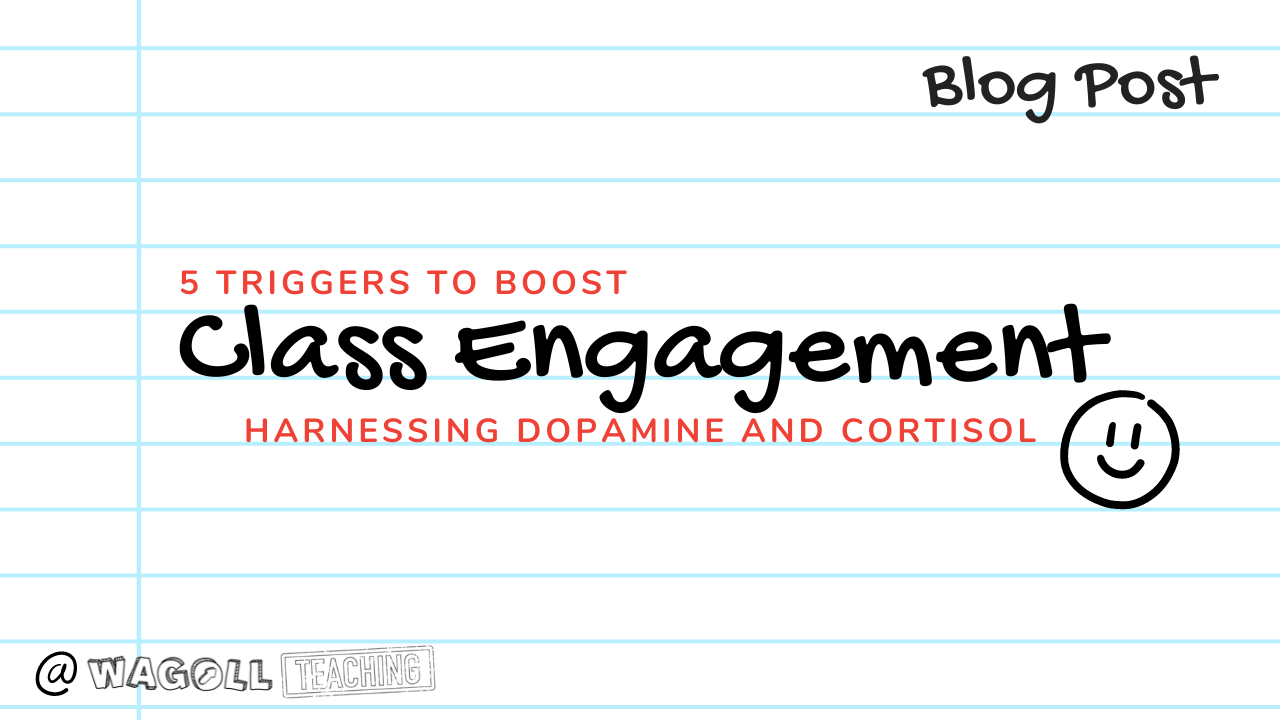
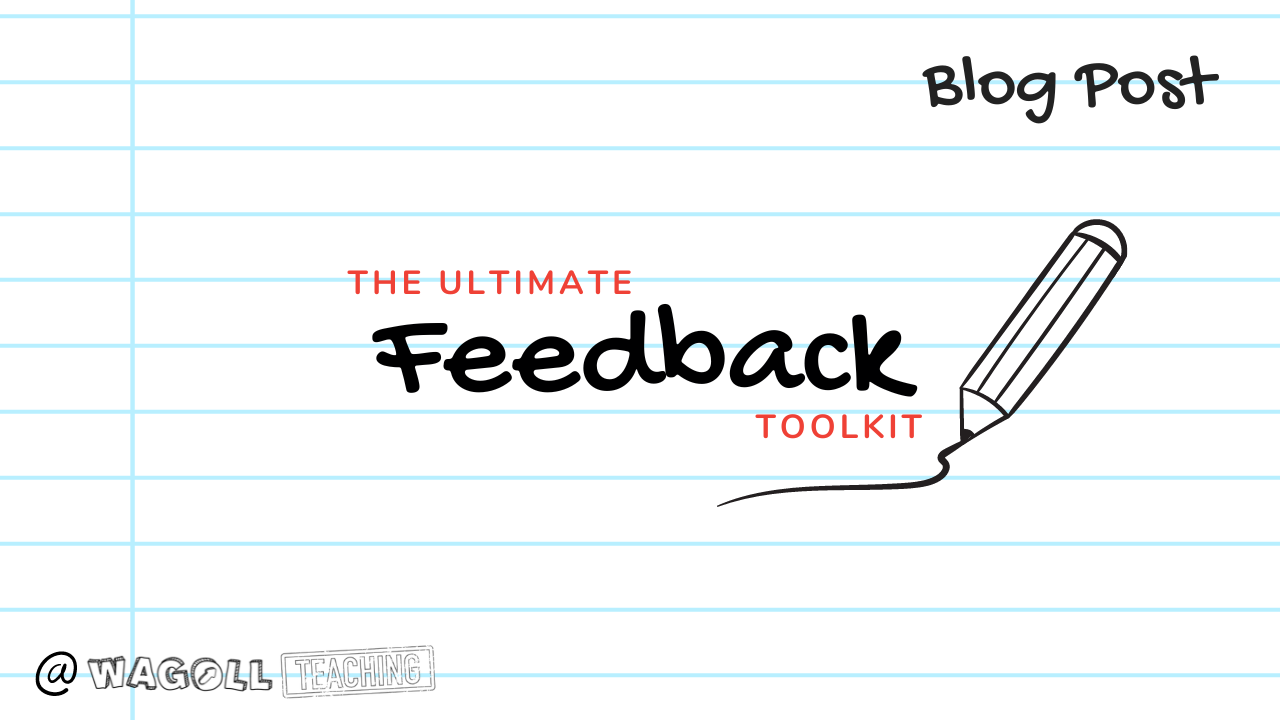
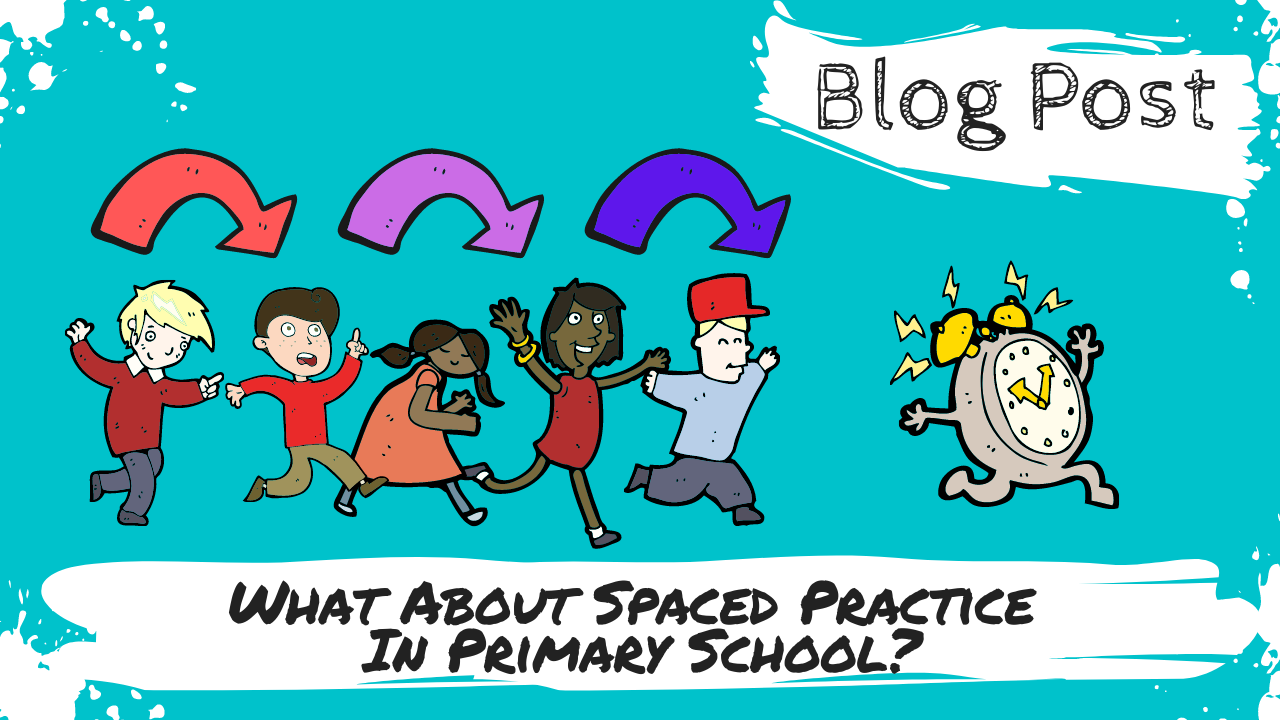
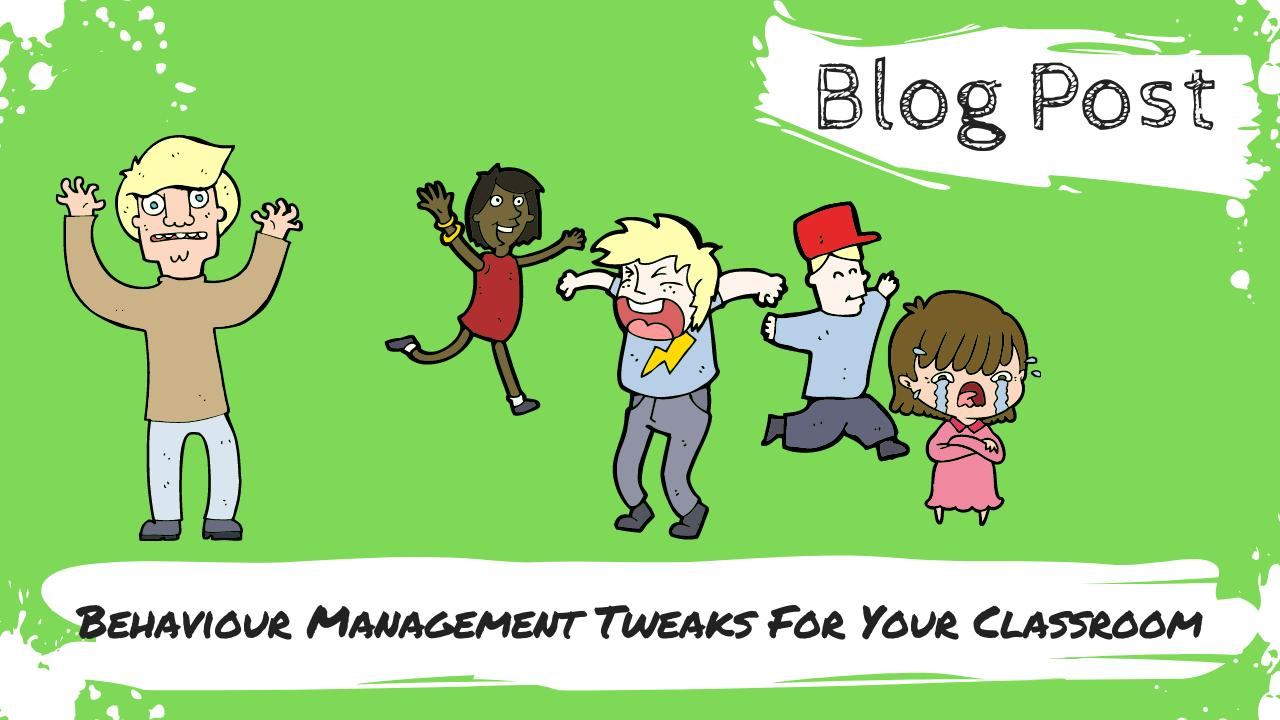
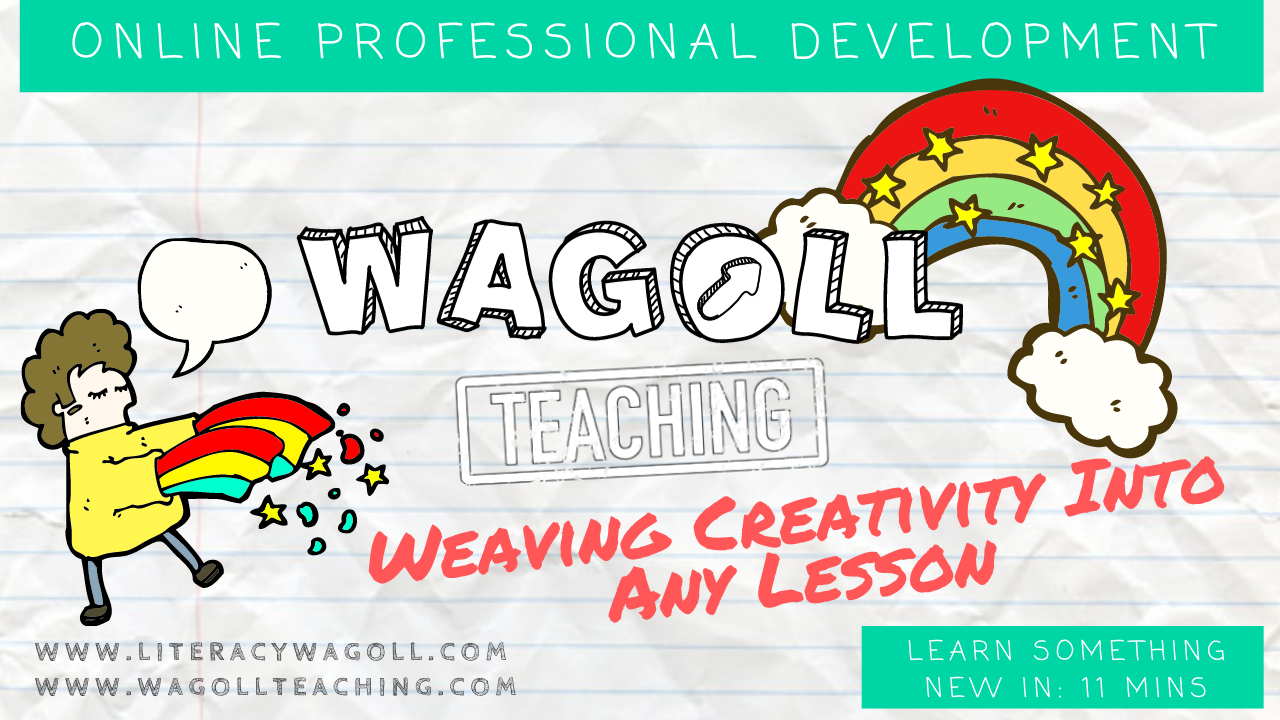
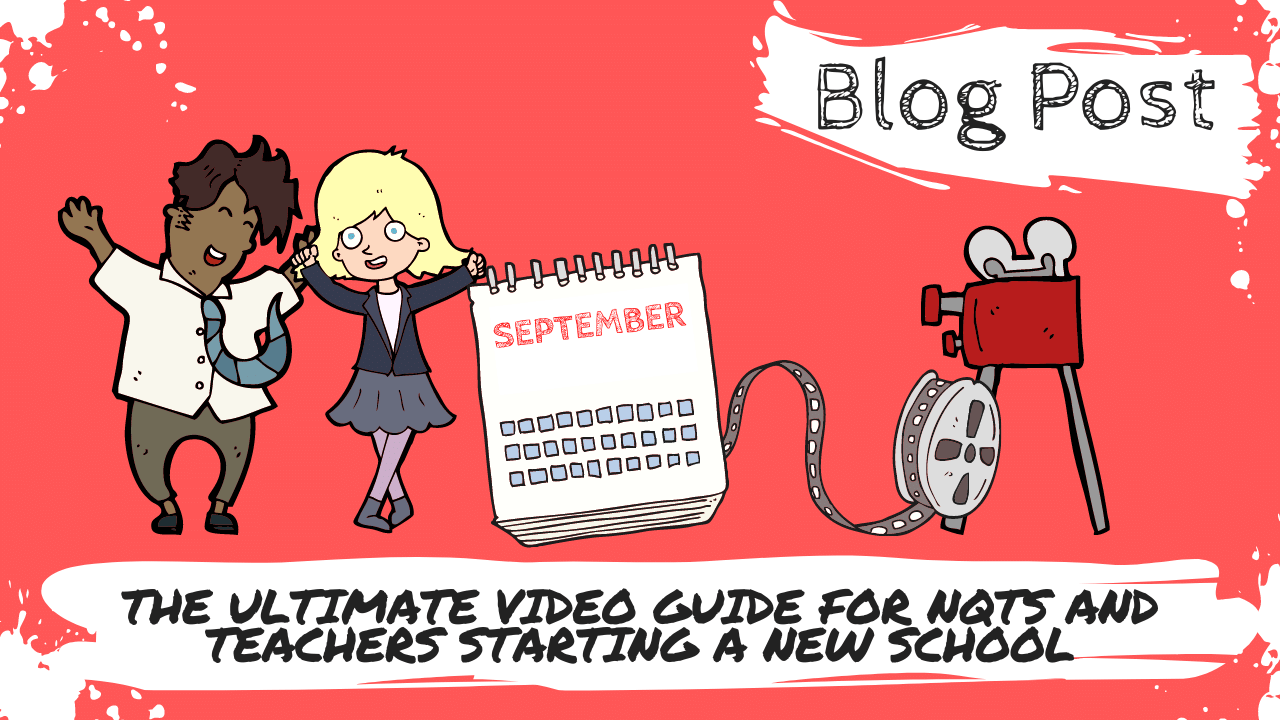
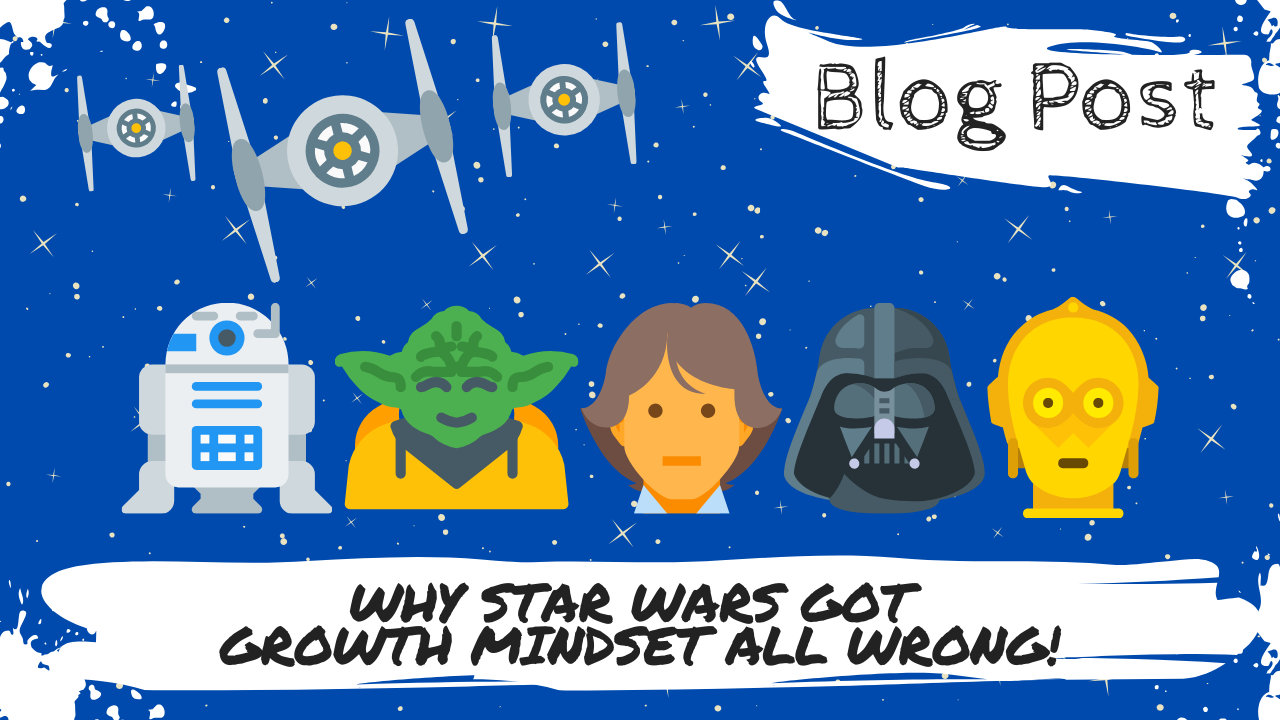
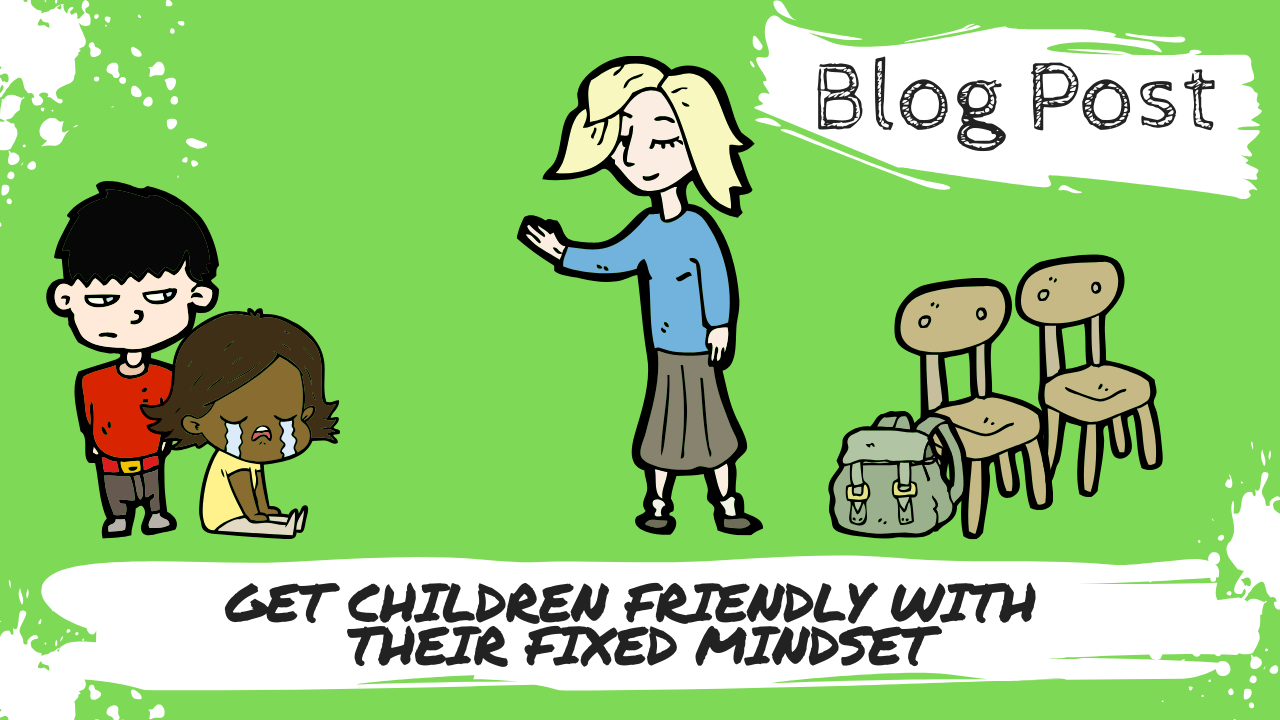
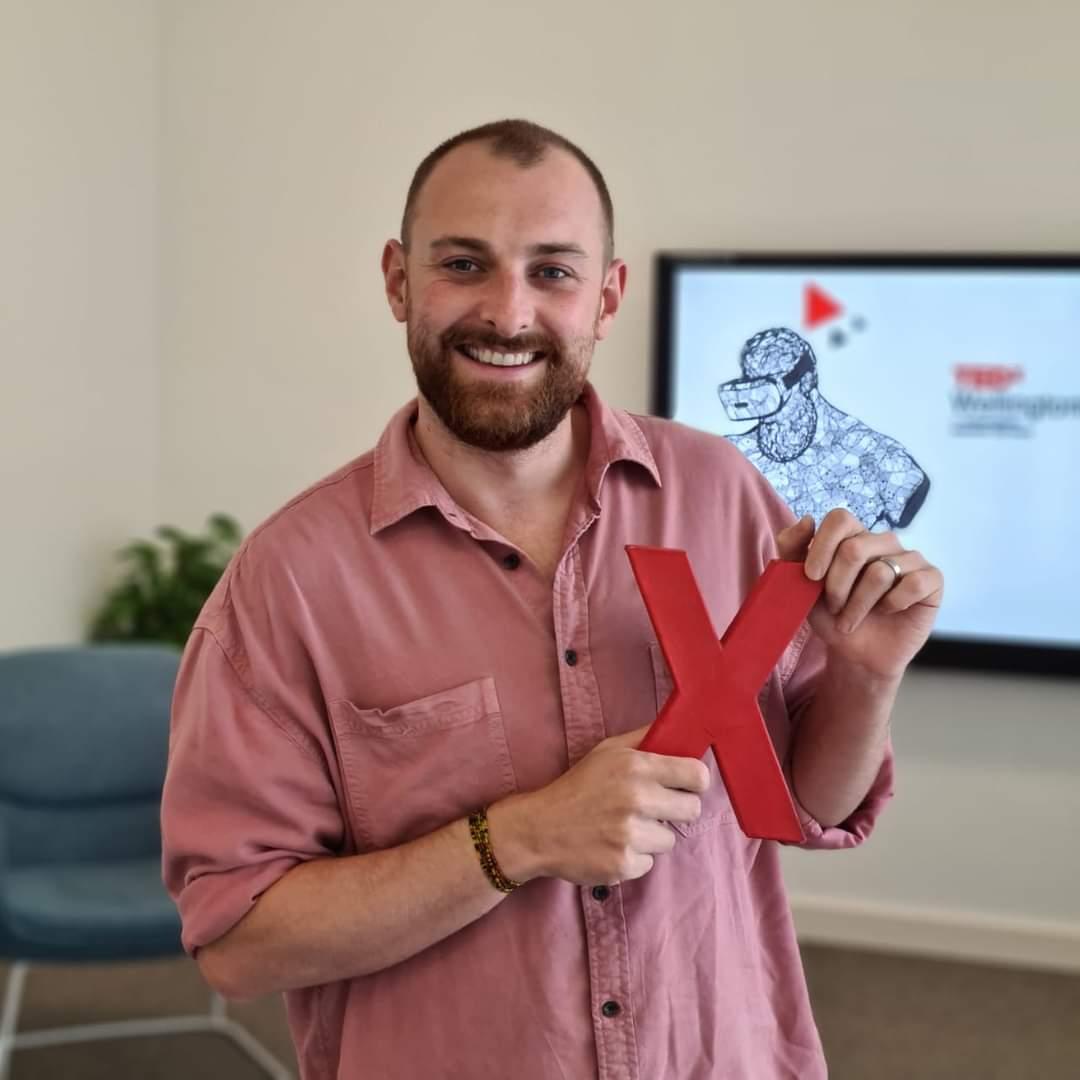


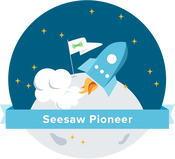
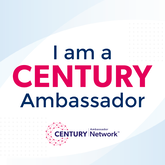
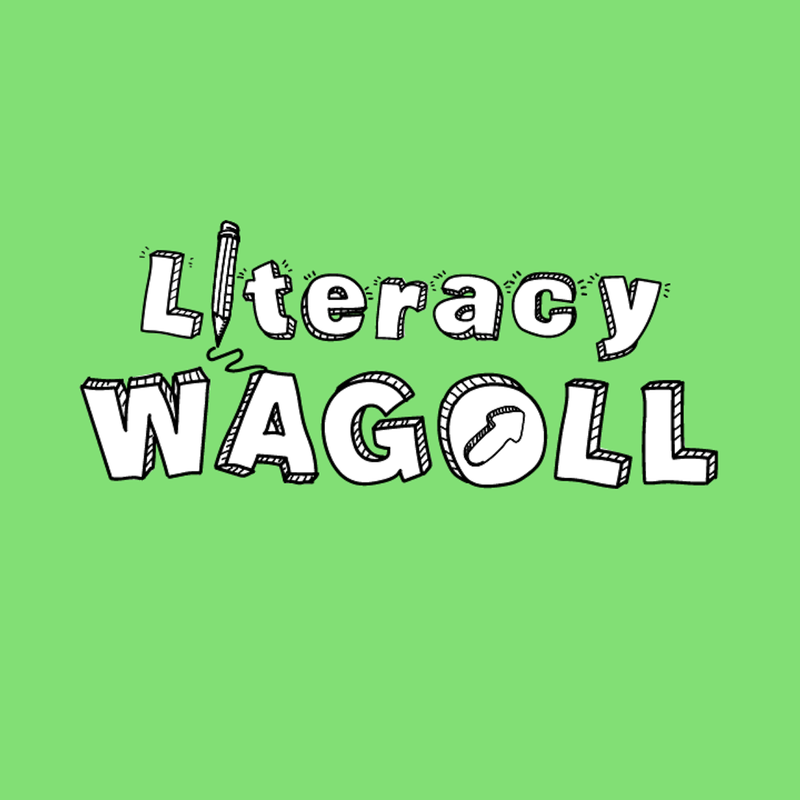
 RSS Feed
RSS Feed

